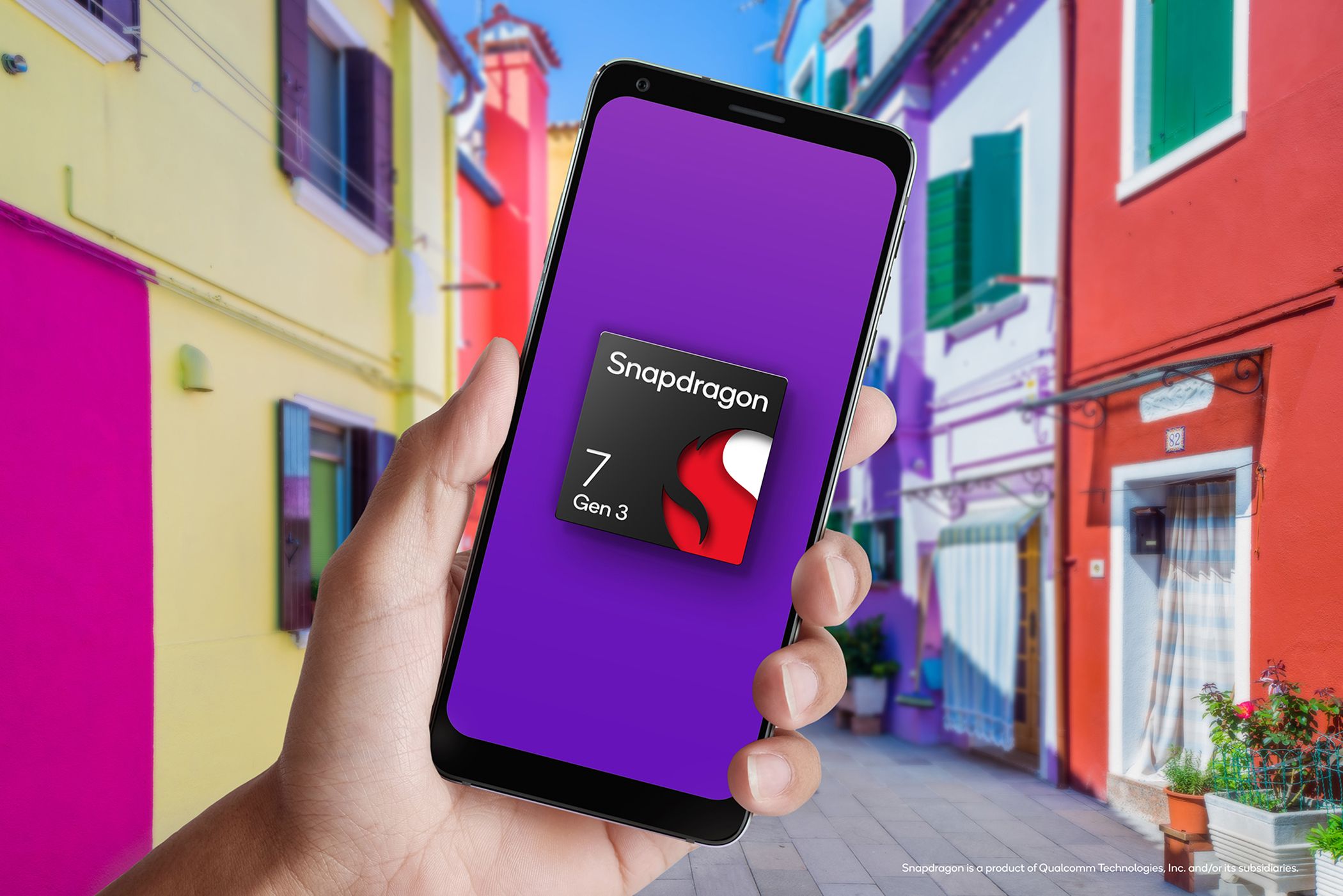

The company, which has offices in Glasgow, says the new platform enables any user (“decision makers not coders”) to connect directly – for example, through a laptop or tablet – with their satellites. This would be to task, schedule and monitor payload, data, fleet health and mission planning.
Built using Amazon Web Services and accessible through a Spire API, the company highlights the platform is designed to simplify access to its ground operations software. For example, to operate a satellite or constellation with multiple, global ground station networks for tracking, scheduling, commanding, downlinking data and monitoring telemetry.
“Satellites never sleep,” said Frank Frulio, general manager of Space Services at Spire. “You build and launch a satellite once, but then you have to operate it and communicate with it thousands of times over its lifetime.”
“Typically, you need an army of experts to do that, but we’ve simplified space so that anyone can easily manage satellites and gain insights from space to give their business a competitive edge — such as helping insurance companies build products that safeguard against climate change variables and providing utilities companies with accurate, real-time data for remote forestry management.”
Pictured above is the Constellation Management Platform showing a satellite booking window and availability of payload, sunlit period and data downlink/uplink windows for each satellite.
The development of the platform is co-funded by the European Space Agency (ESA) under ARTES Core Competitiveness (CC) Programme with a €1.5 million award to Spire, along with support from the Luxembourg Space Agency (LSA).
“The Constellation Management Platform, which is developed by Spire under the ESA ARTES CC programme, will offer a simplified approach to constellation mission operations by providing customers with an automated end-to-end satellite operations system,” said Dietmar Schmitt, acting Head of Systems at the ESA Connectivity and Secure Communications Directorate. “It will be managed through a web application, allowing for a more efficient planning and use of the resources and space assets.”
The product was officially unveiled at Space Tech Expo Europe in Bremen this week.
Specifically, the platform is available through Spire Space Services, responsible for company’s “Space as a Service” offerings.
Inter-satellite
We last covered Spire Global in the summer. In June, it successfully launched two satellites carrying optical inter-satellite link (OISL) payloads that will reduce data latency and strengthen communication security.
The 6U satellites were equipped with optical communications terminals (OCT) to send information between themselves securely and reduce the latency of data acquired, said Spire.
As well as link speeds, they can improve security and resiliency to interference such as signal jamming and spoofing. They enable Spire’s satellites to be able to communicate via optical link while up to 5,000 kilometres apart.
Image: Spire Global
See also: Open Cosmos adds two satellites to the Open Constellation








